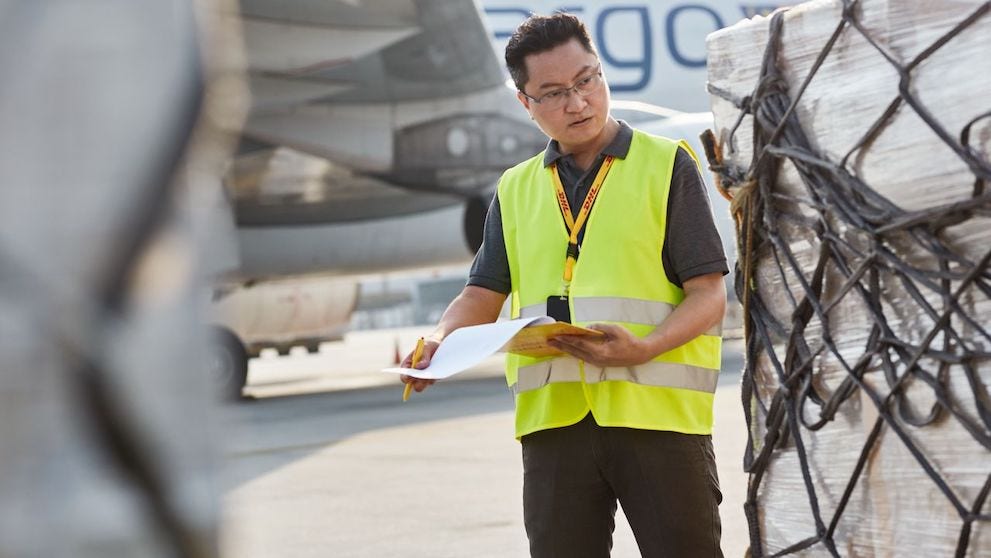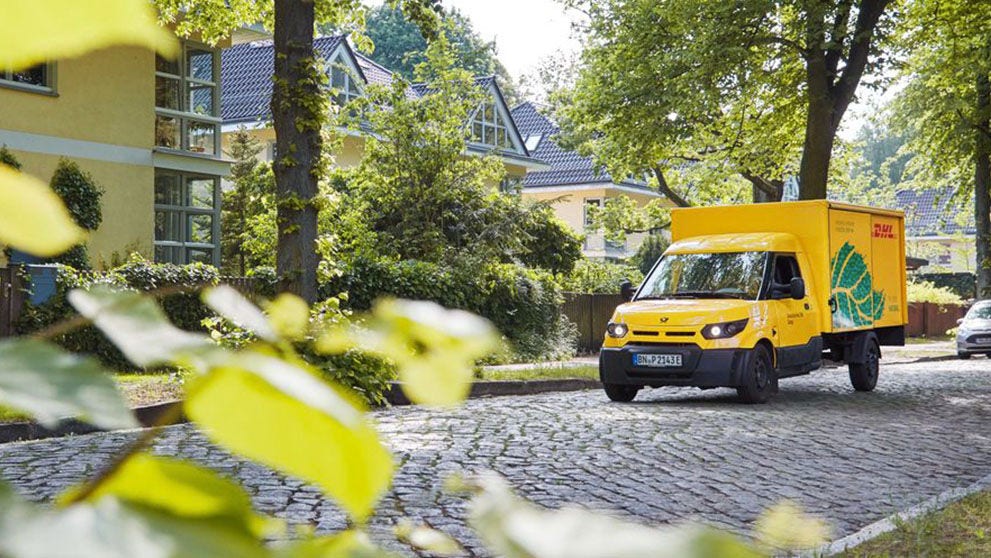
Myanmar's import and export ecosystem: Adapting to changes in global trade
Global markets and industries are evolving rapidly, driven by trends like digitalisation and artificial intelligence (AI) systems. With these shifts come transformations in global trade and supply chains, presenting many challenges and opportunities for businesses in Myanmar. Thriving amidst these evolutions necessitates strategic adaptation to market dynamics. In this blog, we’ve compiled a guide to explore how the major market and economic trends will affect businesses looking to import and export in the international arena and what firms can do to evolve.
Market trend 1: Technological disruptions
Among the various market trends, one whose impact is already felt acutely is technological disruptions, where robotic automation is observed to reduce the reliance on human workers. This is particularly true in industries with manual, routine tasks. Beyond just the displacement of jobs, what the trend challenges is the cost advantage that Myanmar’s1 exports enjoy in areas, such as the garments industry, which is one of the nation’s leading exports and main trade revenue generator. Against this backdrop, diversification becomes a crucial strategy for businesses facing potential disruption.
Strategy 1: Diversifying exports
One possible path is venturing beyond traditional exports to explore categories like high-value products. These products, especially those that are unique or innovative, enable businesses to carve out a distinct space in the market while reaping higher profit margins.
Concurrently, as shifting geopolitical landscapes are prompting more businesses to seek supply chains outside of traditional markets, new opportunities await other Asian countries, including Myanmar. Given that Myanmar enjoys the added advantage of strong manufacturing capabilities, meeting the supply needs of these firms presents another potential avenue for diversification for Burmese firms.
Strategy 2: Embracing digitalisation
Nonetheless, technology, too, can work to the advantage of Burma firms when used right. For instance, consider its use by logistics service providers like DHL Express in route planning. In doing so, DHL Express could optimise delivery routes, which helped streamline its operations and shorten international shipping time to enhance customer satisfaction. By embracing digitalisation or collaborating with tech-savvy industry partners, businesses can similarly tap into the opportunities that arise following technological disruption.
Market trend 2: Supply chain revolution
With the impact of the Covid-19 pandemic still felt in some markets today, the event underscored the importance of building a resilient supply chain. With this growing awareness, businesses worldwide are beginning to reevaluate their supply chain strategies.
Strategy: Building resilient supply chains
Whether you’re looking to import or export products, developing a supply chain that is sufficiently robust and agile to weather future disruptions is crucial. For firms looking to expand into the international arena, doing so is also beneficial as such a network facilitates the scaling of operations to support your growing operations.
In this process, logistics is not to be overlooked. As the final stage in the supply chain, it plays a central role in closing the loop by ensuring efficient last-mile delivery, transportation and storage. This makes partnering with reputable logistics providers like DHL Express especially critical for businesses in Myanmar seeking to boost their supply chain strategy.
In doing so, companies can gain access to a global delivery network and strong infrastructure that supports sourcing extra transportation capacities, particularly when shipping volumes are limited. Meanwhile, other supply chain visibility and risk monitoring solutions, such service providers equip firms to pre-empt and mitigate issues easily, ensuring smooth operations and quick problem resolution.
Trend 3: Growing focus on sustainability

As climate-driven natural disasters occur with increasing frequency and severity2, consumers and governments are increasingly scrutinising companies to adopt more sustainable business solutions. Following the shift, adopting green practices becomes not just a response to regulatory demands but also imperative for firms in Myanmar to meet the evolving demands of their trading partners.
Strategy: Adopting green export practices
Since shipping contributes significantly to global greenhouse gas emissions, accounting for about 3% annually, as reported by the World Bank3, adopting sustainable transport methods becomes critical for firms moving towards green export practices.
Fortunately, logistics companies like DHL Express facilitate this transition through innovative solutions. By offering green packaging and the GoGreen Plus service, these service providers help businesses reduce supply chain wastage and their shipment's greenhouse gas emissions by up to 30%4. Meanwhile, other services like real-time tracking, data analytics, and AI-powered tools further enable firms to gain insights that help with routes and supply chain optimisation to minimise environmental impacts.
Secure your future in global trade with innovative solutions
By leveraging agile and innovative solutions, such as what industry partners like DHL Express Myanmar offer, businesses can obtain the agility and efficiency they need to seize market opportunities. Open a business account with DHL Express to start embracing the future of global trade and grow your business with confidence.












